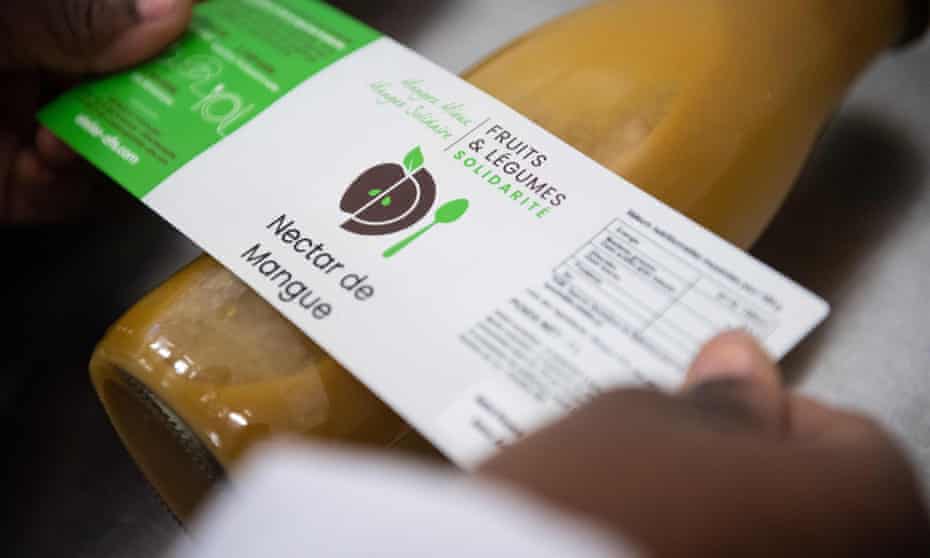Practical problems with personal carbon allowances
Prof Alan McKinnon writes that it remains very difficult to measure emissions at a product level; Colin Challen believes that politicians have to be much more upfront about the changes we need to make

In reviving the idea of giving everyone a personal carbon allowance (PCA), Polly Toynbee’s article (We need radical policies to reach net zero. Here’s a fairer way to do them, 2 November) fails to mention the practicalities of carbon footprinting every product and service that people buy. Despite major advances in carbon auditing since a PCA system was originally advocated, it remains very difficult to measure emissions at a product level, particularly in the case of manufactured goods passing through complex global supply networks.
Also, for a PCA system to gain public confidence and legal endorsement, the carbon labelling of consumer purchases would have to be independently verified to ensure that suppliers did not under-report emissions to gain market share. This would add an extra layer of cost and bureaucracy. In an article 14 years ago (Can shopping save the planet, 17 September 2007), Marc Lynas said: “To figure out a carbon label for every product on the shelf would be a task of labyrinthine complexity and monumental cost.” Regrettably, this is still largely the case.
Prof Alan McKinnon
Kuhne Logistics University
I am pleased that Polly Toynbee has promoted personal carbon allowances. This method of fairly distributing the burden of carbon emissions responsibilities was first known as “domestic tradable quotas” and devised by the late Dr David Fleming. It was the subject of a private member’s bill I launched in 2004. When, a year or two later, David Miliband described the idea as a “thought experiment”, I knew it wasn’t going anywhere. If he has changed his mind, that is welcome.
The beauty of PCAs is that the scheme ties in perfectly with the contraction and convergence global framework, an idea that the Labour government shied away from in public, but nevertheless used to underpin the calculations behind the Climate Change Act 2008. This little piece of history tells me that politicians have to be much more upfront about the behavioural changes we need to make. Following the usual pattern, Cop26 will be followed by even faster rates of carbon emissions, despite all the wonderful blah, blah, blah and bouquet of inadequate initiatives.
Colin Challen
Labour MP 2001-10; founder, all-party parliamentary group on climate change
